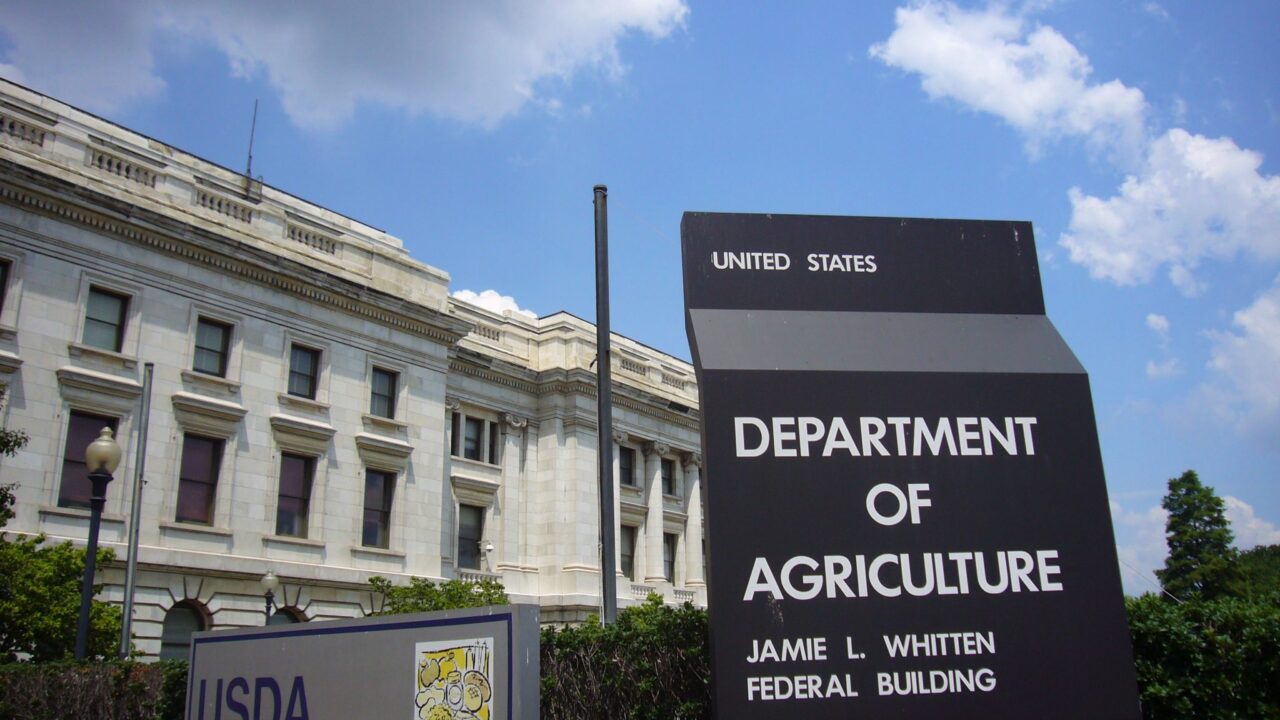The US Department of Agriculture (USDA) has said that there has been no detections of new world screwworm (NWS) in livestock in the country.
The USDA’s statement comes after health authorities confirmed a case in a human who is understood to have travelled to Central America.
New world screwworm is a species of parasitic fly, the larvae (maggots) of which eat the living tissue of certain animals.
When the fly larvae burrow into the flesh of a living animal, they cause serious, often deadly damage to the animal. Screwworm can infest livestock, pets, wildlife, occasionally birds, and, in rare cases, humans.
Over the last two years, NWS has spread north through Panama, Costa Rica, Nicaragua, Honduras, Guatemala, El Salvador, Belize, and most recently Mexico.
The USDA said it has a “robust” surveillance and trapping strategy to combat the spread of the parasite, which could have a serious negative effect on cattle farmers and ranchers if outbreaks occur in herds.
The department said that it, along with partners organisations, have led a “robust government wide response” to combat the spread of screwworm in Mexico and to prepare for “all scenarios” if it enters the US.
Following the human case, the USDA initiated targeted surveillance for screwworm within a 20-mile radius of the affected area. That surveillance area covers parts of the state of Virginia and Maryland, as well as the District of Colombia (D.C), where the US capital, Washington, is located.
This surveillance has not yielded any detections of screwworm, the USDA said.
Screwworm
The US has been clear of screwworm in the US since 2017, when a case was detected in Florida.
The USDA said that the country “may continue to see” traveler-associated cases of screwworm, and that the department will work with health authorities to conduct targeted surveillance to ensure there is no active spread in the US.
According to the World Organisation for Animal Health (WOAH), screwworm poses a serious threat to animals, humans and the environment.
The current outbreak in Central America started in Panama in 2023, and some 20,000 cases have the been reported to the WOAH.
Back in May, US Secretary of Agriculture Brooke Rollins announced the suspension of live cattle, horse, and bison imports through US ports of entry along its southern border due to “the continued and rapid northward spread” of new world screwworm in Mexico.

